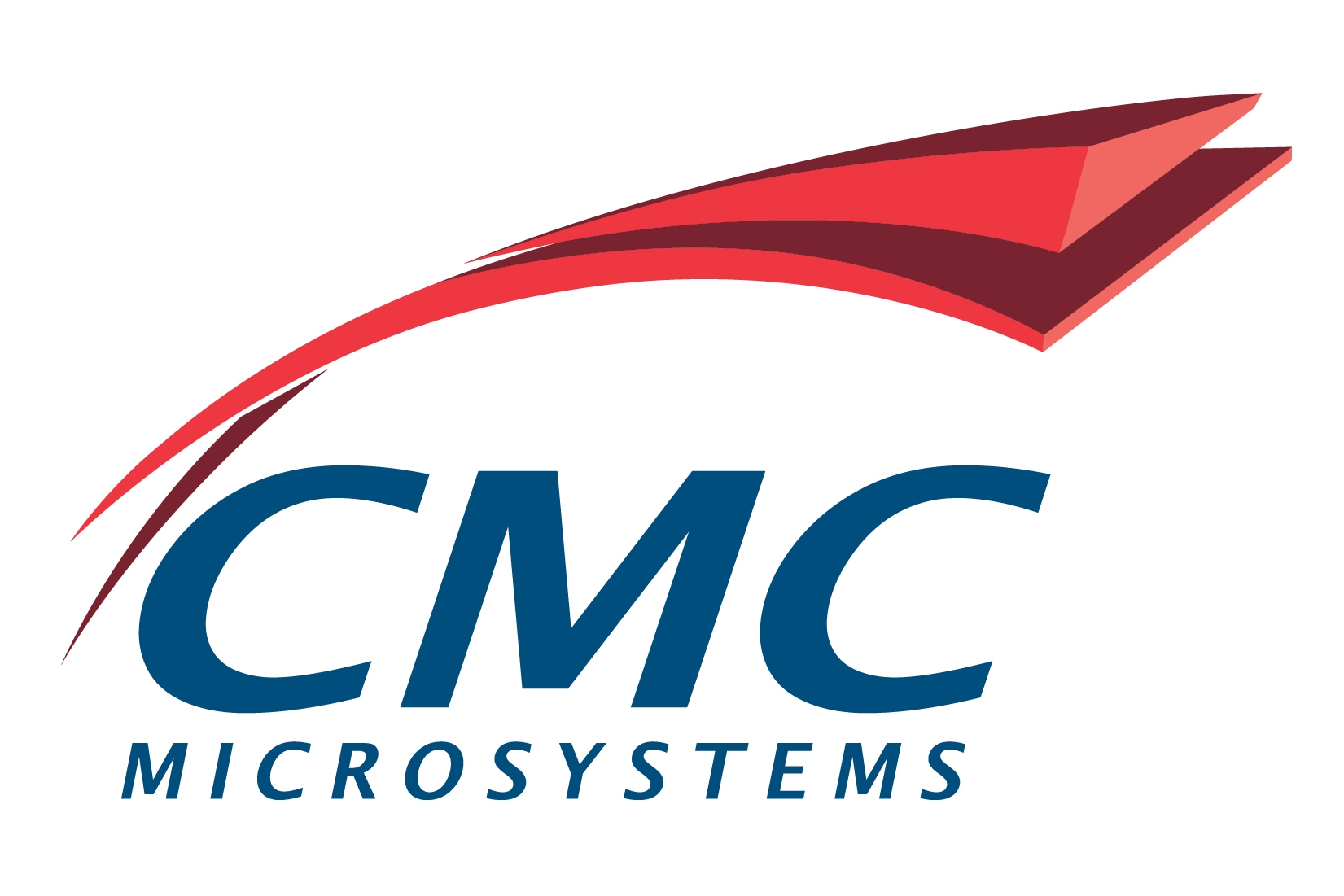Module Commands in an LSF 10.1 Environment
Note: In the following descriptions, the symbols “$” is used to indicate a LINUX terminal command prompt.
The LSF Job Scheduler in the CAD Compute Cluster runs constantly, and never has to be started. It has been configured with certain queues that handle requests for cores and memory. Any command prefaced by the letters ls or b is interpreted as a request for information about the cluster and its environment or set-up.
For example, to list the names of all nodes in the cluster with their static resources (cores and memory, plus other information):
$ lshosts
To display the available queues for batch operation with assigned levels of priority, or ‘niceness’:
$ bqueues
When logging into the CAD Compute Cluster, you will be in a standard LINUX environment with a default bash shell. This is a basic operating environment. More information about the bash shell is provided in the tutorials section here https://linuxconfig.org/
The LSF commands shown here are variations on the module key word.
To see a complete list of these variations:
$ module –help
The generic command structure is:
Usage: module [ switches ] [ subcommand ] [ subcommand – arguments ]
Discovering the CAD System Contents/Loaded Software
To report which module files are currently loaded in the environment:
$ module list
To report which tools and software have been installed under the directories:
- usr/share/Modules/modulefiles (bundled with the job scheduler)
- CMC/modules/ (CAD tools installed by CMC Microsystems’ administrators)
$ module avail
Installing CAD Tools before a Simulation Run
To add a module to the user’s current environment (applies only to the terminal window in which it is called):
$ module load
To remove a module from the user’s current environment:
$ module unload
To swap modules as directed by the subcommands:
$ module switch
Information about the Modules
To find more detail about the specified module:
$ module whatis
To find PATH and environment variables for a particular module or tool name:
$ module show/display
Reference
https://www.ibm.com/support/knowledgecenter/en/SSWRJV_10.1.0/lsf_welcome/lsf_welcome.html
